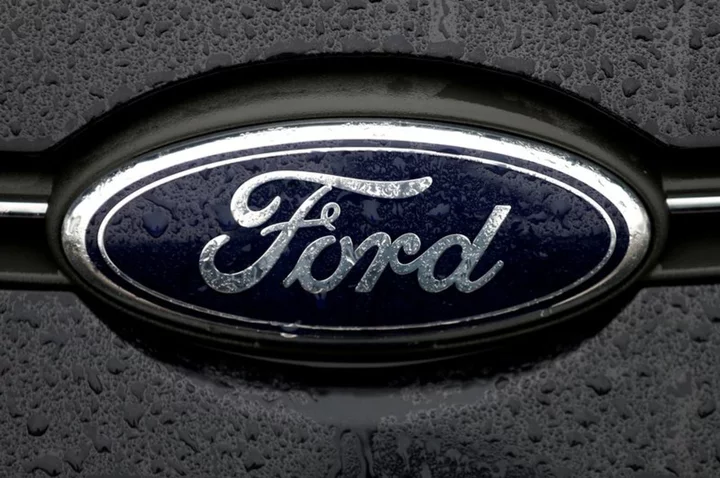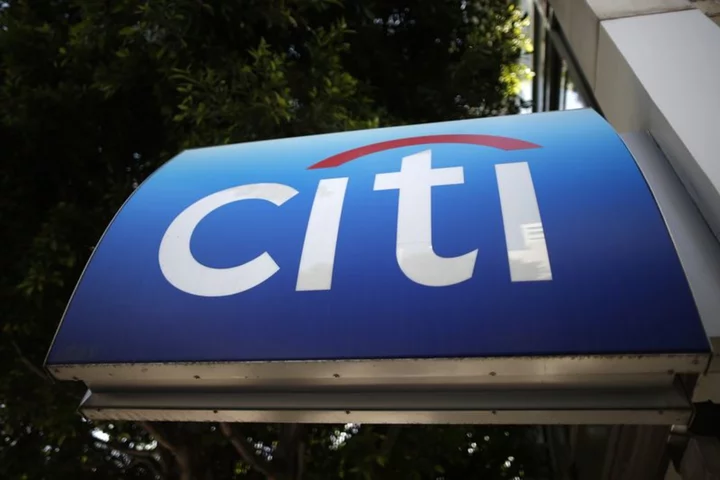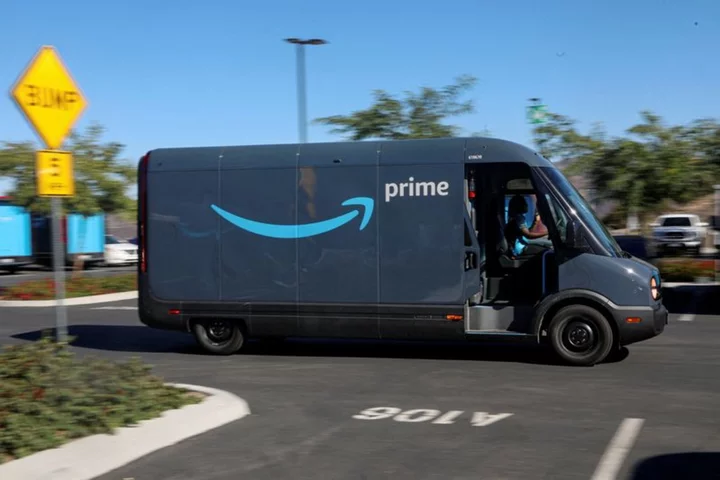By David Shepardson
WASHINGTON The U.S. Energy Department plans to lend up to $9.2 billion to a joint venture of Ford Motor and South Korea's SK On to help it build three battery plants in Tennessee and Kentucky, the biggest-ever award from the government program.
The conditional commitment for the low-cost government loan for the BlueOval SK joint venture comes from the government's Advanced Technology Vehicles Manufacturing (ATVM) loan program.
SK is a unit of South Korea's SK Innovation. The joint venture is building two battery manufacturing plants in Kentucky and one in Tennessee capable of collectively producing more than 120 gigawatt hours annually, the Energy Department said.
Jigar Shah, head of the Energy Department's Loan Programs Office, said in an interview its goal "is to have people choose to put these supply chains here in the United States, not in other countries, and to do them faster and more confidently here."
Ford and SK announced in 2021 they would invest $11.4 billion to build a F-150 electric vehicle (EV) assembly plant and three battery plants in the United States with Ford investing $7 billion. Ford shares were up 1.2% in afternoon trading.
This is the sixth loan for battery supply chain projects from the ATVM program.
PUBLIC-PRIVATE COLLABORATION
The project is expected to create 5,000 construction jobs in Tennessee and Kentucky, and 7,500 operations jobs once the plants are up and running.
"Major technology transitions have always been accelerated by collaboration between the public and private sectors," said Ford Treasurer Dave Webb.
BlueOval SK CEO Robert Rhee said the loan will be used to "strengthen critical domestic supply chains, and produce high-quality batteries for future Ford and Lincoln electric vehicles."
The $430 billion Inflation Reduction Act approved in August also creates a new $45 per kilowatt battery production tax credit. Ford CEO Jim Farley said in October that from 2023 to 2026, "we estimate a combined available tax credit for Ford and our battery partners could total more than $7 billion."
The loan will fund two battery projects in Republican-leaning states. Many Republicans in Congress have criticized the Biden administration's efforts to boost battery-powered vehicles and battery production.
Last year, the department awarded a joint venture of General Motors and LG Energy Solution $2.5 billion to help finance construction of new lithium-ion battery cell manufacturing facilities. The loan to Ultium Cells LLC is for facilities in Ohio, Tennessee, and Michigan.
In September 2009, Ford was awarded a $5.9 billion low-cost government loan from the same program, an important source of liquidity in the aftermath of the global financial crisis. It completed its payments last year, after deferring some in 2020.
Ford announced in February a separate deal to spend $3.5 billion to use technology from Chinese battery company CATL to build a battery plant in Michigan. That plan has faced criticism from some Republicans.
Tesla received a $465 million loan in 2010 from the program that allowed it to open a plant in Fremont, California, and build the Model S electric car. It repaid the loan in 2013.
(Reporting by David Shepardson; Editing by Toby Chopra, David Evans, Alexander Smith and Aurora Ellis)









